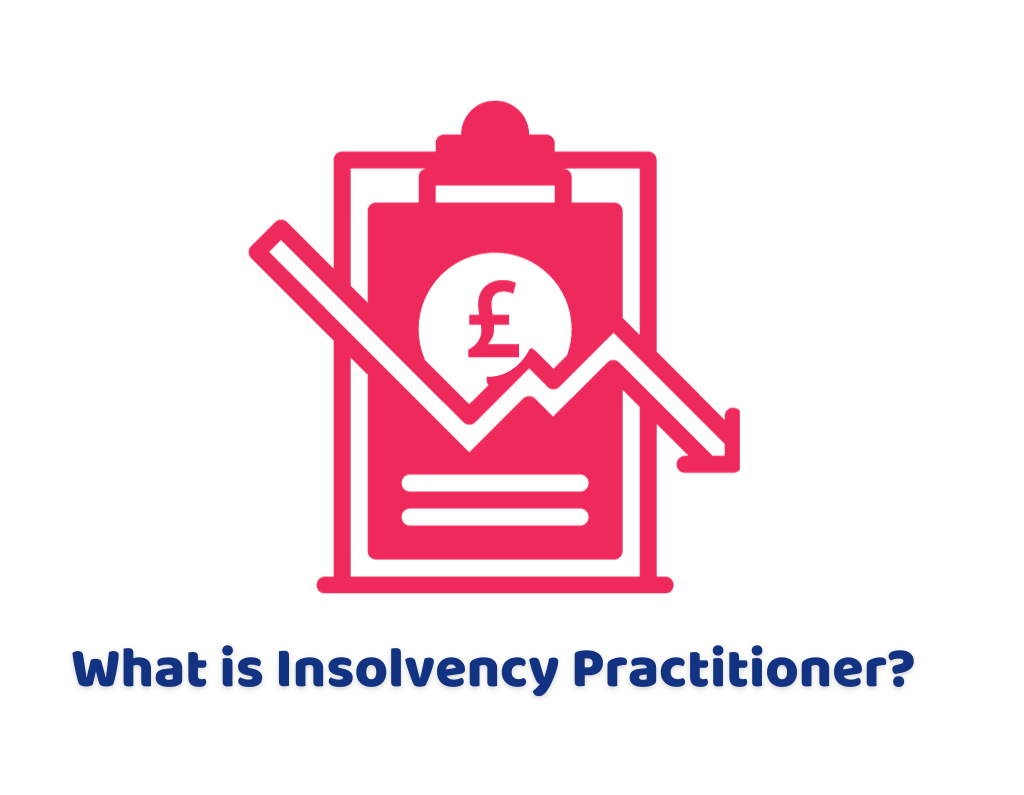The Basic Principles Of Insolvency Practitioner
The Basic Principles Of Insolvency Practitioner
Blog Article
The Best Strategy To Use For Insolvency Practitioner
Table of ContentsSome Known Details About Insolvency Practitioner 9 Simple Techniques For Insolvency PractitionerInsolvency Practitioner for DummiesNot known Facts About Insolvency PractitionerInsolvency Practitioner Fundamentals Explained
Whether or not you need to make use of a bankruptcy expert (IP) to liquidate your firm relies on different aspects. While involving an insolvency practitioner for all forms of liquidation is not a legal need, doing so can typically streamline the process and make sure compliance with lawful requirements. Liquidating a business is a vital choice that includes significant repercussions.
It is a treatment used when a business does not have any kind of creditors, or every one of their creditors can be settled in complete with legal interest. Comprehending the various kinds of bankruptcy procedures can aid you identify the ideal course of action for your business's liquidation or various other official bankruptcy procedures itself.
This is obligatory in order to abide by lawful needs - Insolvency Practitioner. This is due to the fact that IPs have the needed certifications and experience to make sure that the liquidation procedure is performed based on all relevant regulations and laws. By involving a licensed bankruptcy specialist, you can have satisfaction recognizing that your business's liquidation procedure will be handled expertly and in compliance with the relevant legal requirements
7 Easy Facts About Insolvency Practitioner Shown
The bankruptcy expert is designated as a liquidator and is liable for managing the firm and liquidator's debts outstanding liabilities and possessions. This procedure entails liquidating the company's assets and dispersing the earnings to lenders. Upon conclusion of the process, the firm is removed from the register at Business House.
Failing to do so can cause personal responsibility for the company or director for the creditor's financial debts. Volunteer liquidation, that includes Creditors' Voluntary Liquidation (CVL) and Members' Volunteer Liquidation (MVL), is started by the business's supervisors and shareholders when they can no longer pay their financial debts. In a CVL, the insolvency specialist is designated as the liquidator, in charge of handling company financial debts and all company properties.

All about Insolvency Practitioner
By analyzing the expertise and experience of potential bankruptcy experts, you can ensure that you choose a professional that possesses the essential credentials to manage your firm's liquidation process successfully. While insolvency practitioner-led liquidation is typically one of the most appropriate strategy for firms dealing with bankruptcy, there are different strategies to take into consideration, such as striking off and partial liquidation.
It's necessary to examine all readily available choices before selecting the next ideal service or strategy for your organization. Striking off firms' registers is a much more simple and economical means to close inactive or tiny firms without any financial obligations or properties. To strike off a business, its name is gotten rid of from the Business House register by submitting form DS01.
Before going with striking off, it's vital to evaluate the benefits and drawbacks of this technique and think about whether it's the best choice for your service. Partial liquidation is one more alternative to bankruptcy practitioner-led liquidation, in which a firm sells off certain assets and liabilities while continuing to operate with the staying properties and liabilities.
An Insolvency Expert will check my source certainly have the ability to suggest you of the very best strategy to take and make certain that every little thing runs efficiently. Sadly, it is not possible to liquidate a business without a liquidator. Selecting an authorised insolvency expert is necessary for the procedure of volunteer liquidation to begin.
Unknown Facts About Insolvency Practitioner
It is feasible to shut and liquidate your company without using a liquidator, supplied your business is solvent and you meet the qualification requirements to dissolve or liquidate it. Nonetheless, if your company is financially troubled, you may be needed to use a liquidator and begin formal insolvency procedures. Here are a few other informative short articles concerning firm liquidation in the UK:.
Being in a setting where you're not able to pay your business's financial institutions is very difficult. In an attempt to stay clear of increasing the level of financial debt, numerous business try to discuss straight with their creditors and accept an informal arrangement. If the debt is rather small and owed to one lender, and the lender is being cooperative, participating in an casual financial obligation plan is probably the finest service, as opposed to looking the web for 'an insolvency professional near me'.
On the other hand, if there are multiple financial institutions and the degree of financial obligation is huge, lenders may not be so ready or cooperative. To avoid liquidation or bankruptcy, it is better to employ a bankruptcy expert to create formal proposals and discuss with lenders on your part.
Everything about Insolvency Practitioner
Whilst it is a means to helpful hints handle debt, there are considerable threats involved with this kind of debt arrangement - Insolvency Practitioner. If a financial institution agrees to become part of a casual arrangement (IA) where the debtor has actually consented to make routine, if lower, repayments to pay back the financial obligation, it's important to stay with the contract

The creditor is within their civil liberties to back out of the arrangement and application the courts for your firm to be liquidated at any time. A formal plan that has actually been recommended by a bankruptcy professional in your place, and agreed by a creditor, provides a much more secure choice.
Report this page